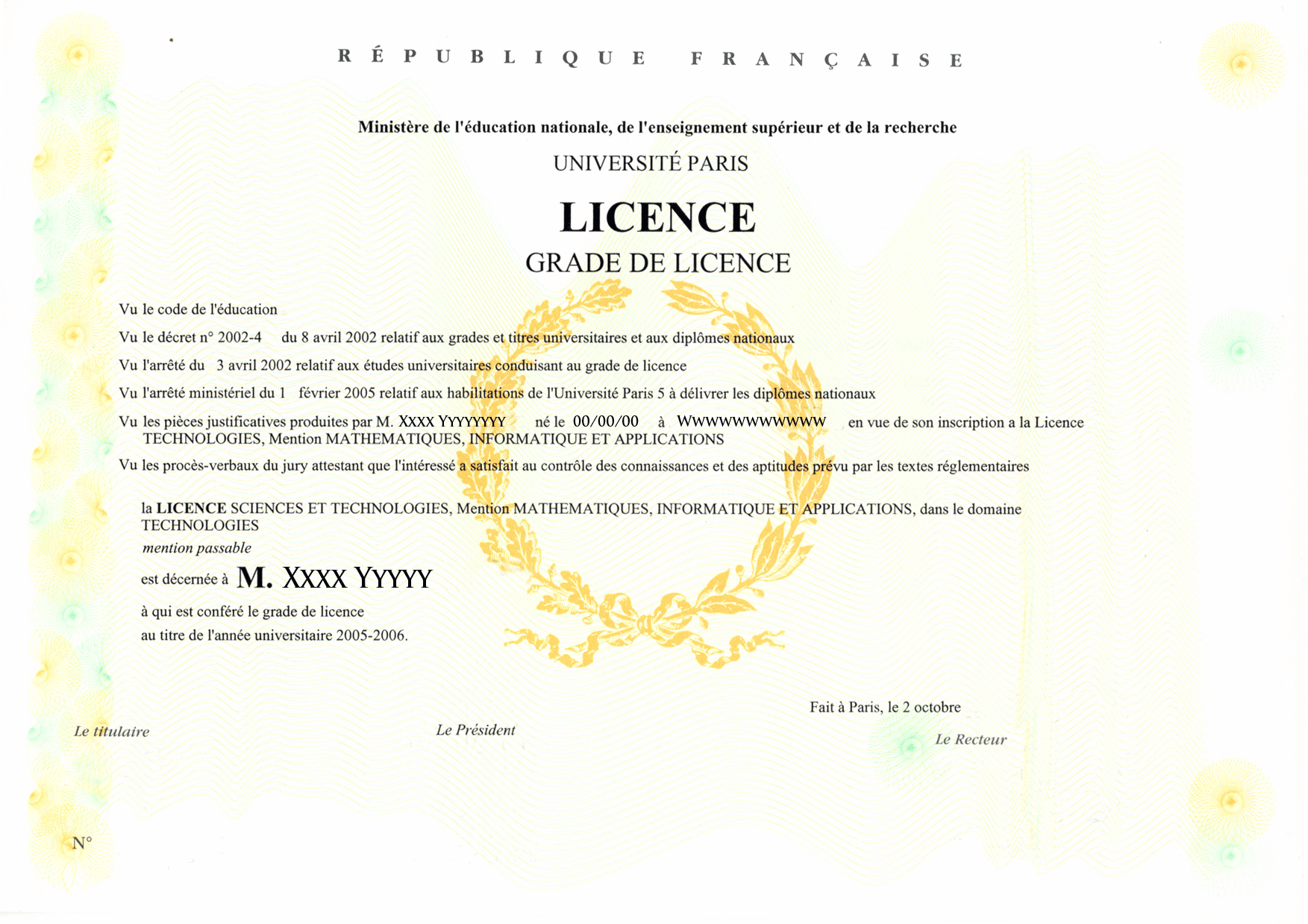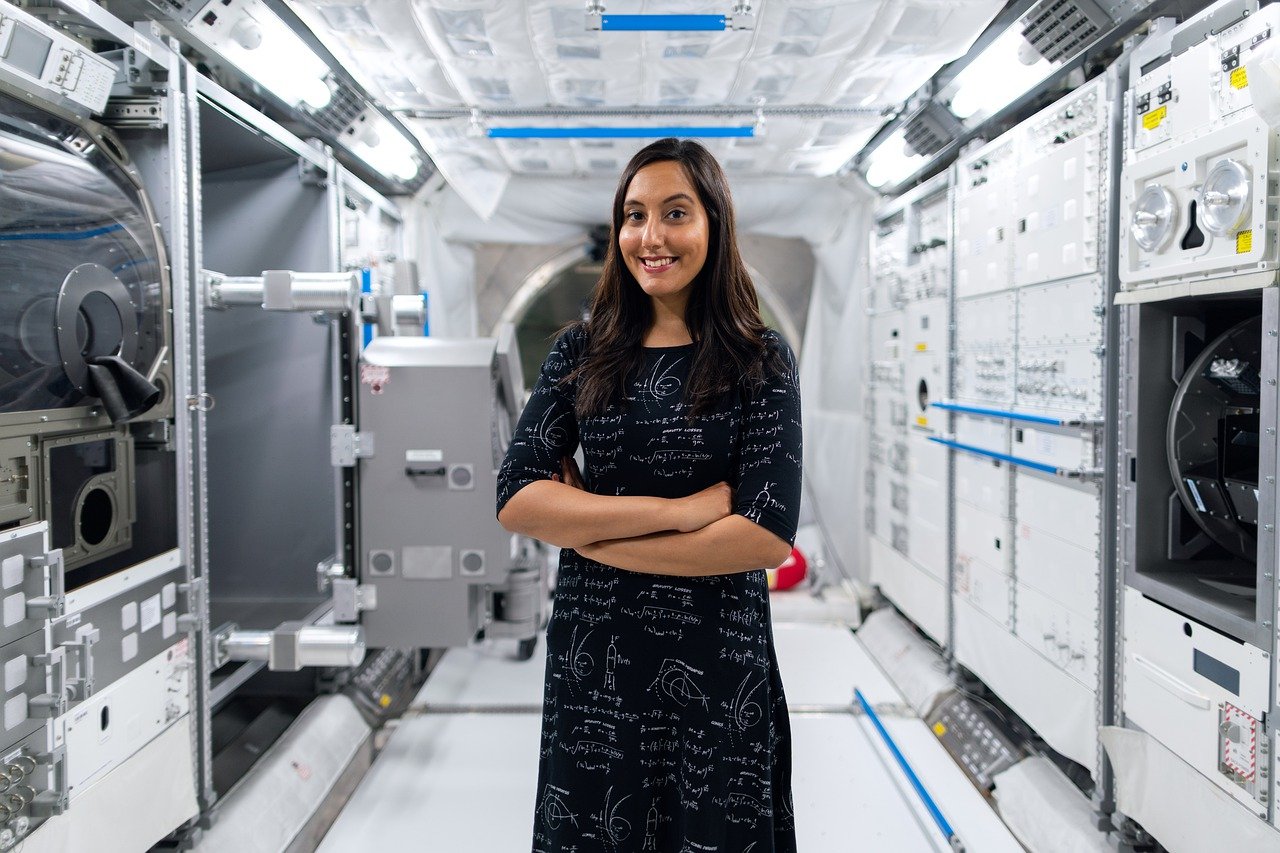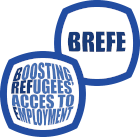Testimonies
Three types of testimonies are presented: stories of refugees, integration paths seen from the professionals' point of view and initiatives told by the people who implement them. They show that a successful professional integration requires the joint involvement of several actors. They can be accessed either directly or by keywords.
Validation of a degree and creation of a business
Patricia came to Spain in 1997 from Ecuador, where she studied a undergraduate degree on Business Administration. Until 2011, when she lost her job, she didn’t care about the validation of her previous knowledge, since she didn’t find hard to get a job in Spain, but always in unskilled functions. From 2011 to 2017 she didn’t find any full-time nor permanent job, and Patricia had to turn to social services assistance. Then, she was transferred to the Solidaridad Sin Fronteras’ employment service. She told her story to the social worker, who guided her to begin with the process of validation of her undergraduate degree from Ecuador in Spain, and received for 6 months different training, mainly related to the improvement of her digital skills and entrepreneurial skills. In this last training, she was required to create a business plan while she was waiting to obtain the validation, which takes more than a year in Spain. This enabled her to have the plan ready at the moment the validation was approved. With the support of the professional from SSF she acceded to a grant for financing her business idea: an “arepas” restaurant in Alcorcón, a city nearby Madrid. She now feels that she made the right choice opting for the validation of her previous knowledge and creating a business with the support of the professionals from SSF.

The importance of mentorship
Khawla, age 36, is a Syrian woman who arrived in Denmark in 2014. Just like many other new Danes, she found it difficult to transfer her own previous experiences from the Syrian educational system and job market to a Danish context. In Syria, Khawla completed a law degree corresponding to a bachelor’s degree in Danish standards. However, when arriving in Denmark, Khawla quickly started up vocational training to become a social health worker. Khawla became enrolled in a mentorship program where she was matched with a mentor, Tove. According to Khawla, this mentor became imperative for her future path, as she helped Khawla with navigating in the system. Khawla realised that she had a great interest in mathematics, and that she dreamed of educating herself and finding employment within a field dealing more with this. Her mentor helped her research different industries in Denmark, and they found that an engineering education would be suitable for Khawla whilst being an industry with an extreme shortage of labour force. Khawla is now doing a preparatory course, and she expects to be admitted to an engineering school soon. In this way, her mentorship program has indeed boosted her access to employment.

Professional' adaptation to the needs of a migrant
Ana is a from Colombia, she's 40 years old. She has three children and is divorced. She didn’t make her High School Diploma equivalent and she didn’t reflect in her Spanish CV her experience as waitress in Colombia. She is very active and shows high motivation: she did several courses (food handler, hotel waitress…).
She accepted the orientation sessions very well, but individually. The professional identified that she lacked digital competences to search for a job, but she didn’t come to the group workshops about this topic. The motivation for developing this competence took place in individual meetings. At the beginning, the professional did the work instead of her: register in job websites, apply to offers. Good results brought herself to be interested in the digital competences and she started to have motivation to learn about it.
We can see that the intervention adapted to the needs and willingness of the person. It’s important to take into account migration and pre-migration experience, but also the professional respected the needs of the person at the moment. Professional understood that she changed her priorities and her professional career (she wasn’t interested in searching for waitress jobs from the beginning). At the same time, professional identified her lack of digital tools for job search and she motivated her about this and key competence learning to learn.

